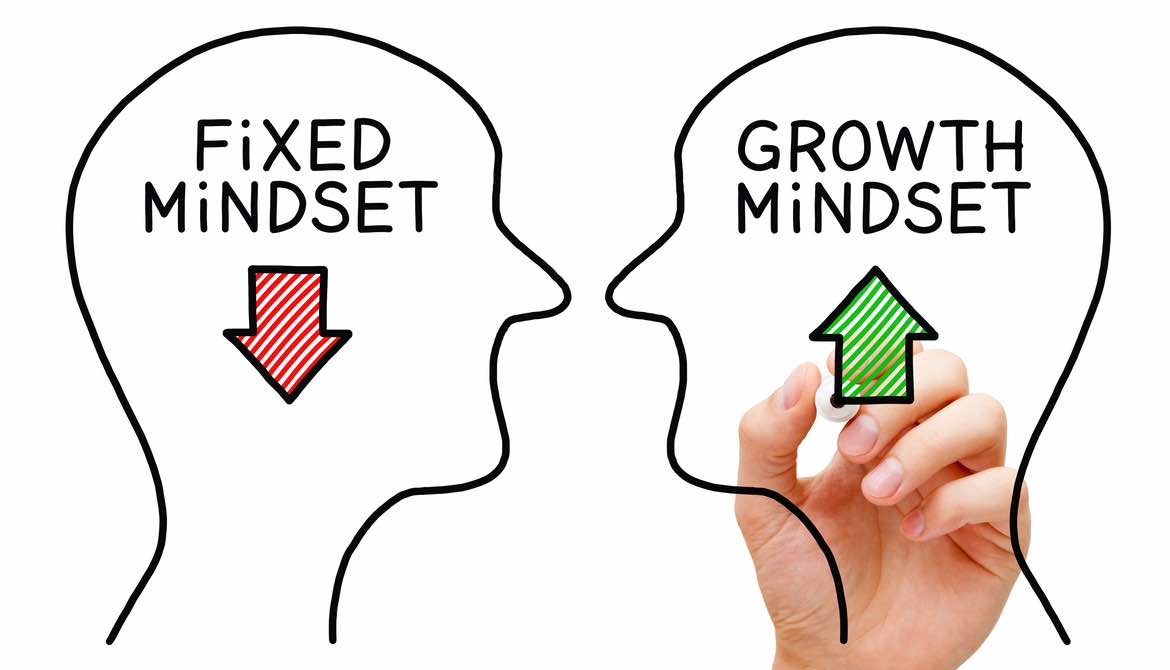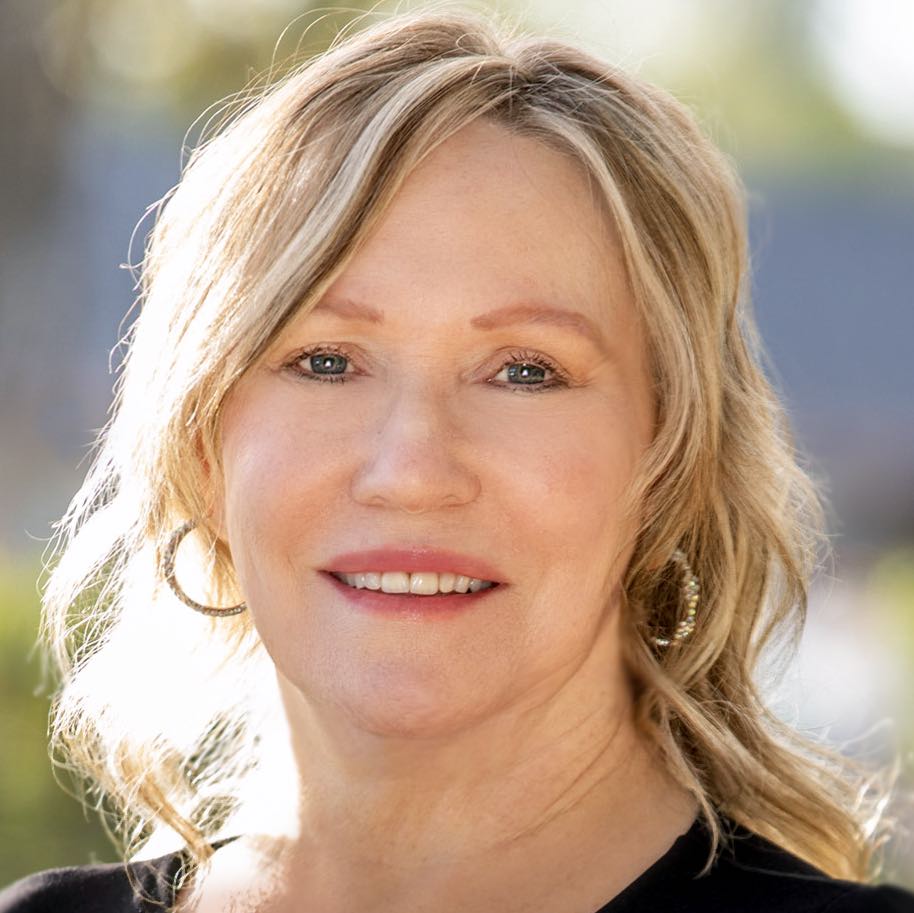3 minutes
For CUs to evolve, fixed mindsets must change to growth mindsets.
High-performing organizations consciously choose to be learning organizations that approach challenges and obstacles with the inherent belief of limitless abilities, options, and opportunities. This growth mindset contrasts with a fixed mindset approach to leadership in which there is an inherent belief of limited abilities and options.
How does this play out in your organization? Do you hear more of “I have never done this before and I will work hard and practice to get it right (growth mindset)” or “We have never done that before (fixed mindset)”?
Individuals and teams predisposed to a fixed mindset can be described as having difficulty seeing new possibilities, or having trouble moving easily through obstacles associated with alternative solutions. Unfortunately, a fixed mindset gets in the way of learning because challenges and obstacles are threatening to people’s senses of self and ability. With it, even effortless challenges seem threatening.
In a fixed mindset, there is the belief that if you need to work at something, you are not good enough. Such a mindset requires immediate and constant perfection. When do people with a fixed mindset thrive? When things are safely within their grasp, they feel success. If things get too challenging when they’re not feeling smart or talented, they lose interest.
Individuals and teams predisposed to a growth mindset are willing to try something new and spend time in the realm of the unknown. For individuals and teams with a growth mindset, it’s not necessary to have immediate perfection or percent success. It’s about learning over time, which means confronting a challenge, acknowledging obstacles and making progress.
People with a growth mindset thrive on stretching themselves. Abilities and talents can be cultivated through growth and learning. This view promotes taking on challenges in the face of obstacles.
Individuals can have one mindset for some things and another mindset for others. Whatever mindset we have in a certain domain will control our motivation. In organizations where an open mindset is a standard, employees more readily solve problems, engage in futuristic thinking and are goal oriented.
To help you try out this concept with your board, here are some reflection questions, adapted from Mindset: The New Psychology of Success by C. Dweck:
- What puts an end to exuberance?
- When have I passed up an opportunity important to my future?
- How is success defined in your organization’s culture?
- Is the opposite of success failure?
- Where have I stayed in a rut too long?
- When have I seen falling short as failure, in a way where I thought there was no way I could perform in the endeavor?
- How do I define risk?
- Which is more important: avoiding risk or seeking new challenges?
- Where do I wear my mindset as a badge of honor?
- What are we being judged on in this culture? Success or learning?
- What is our organization’s priority: many successes and validation or lots of challenge? How do I know?
- In what way could I be less defensive about my mistakes?
- How do I act toward others in the board room?
- How would others describe how I act in the board room?
- Do I hold back high performers because they threaten me?
- Do I hire people smarter than me?
- When I listen to others, do I focus my attention on their mistakes?
- What, from your past, has measured you? What is your role in this measurement?
- What are the opportunities for learning and growth today?
- When have you caught yourself in a fixed mindset? How did you shift?
Deedee Myers, Ph.D., is CEO of DDJ Myers, Phoenix, a CUES Supplier member and strategic partner.






